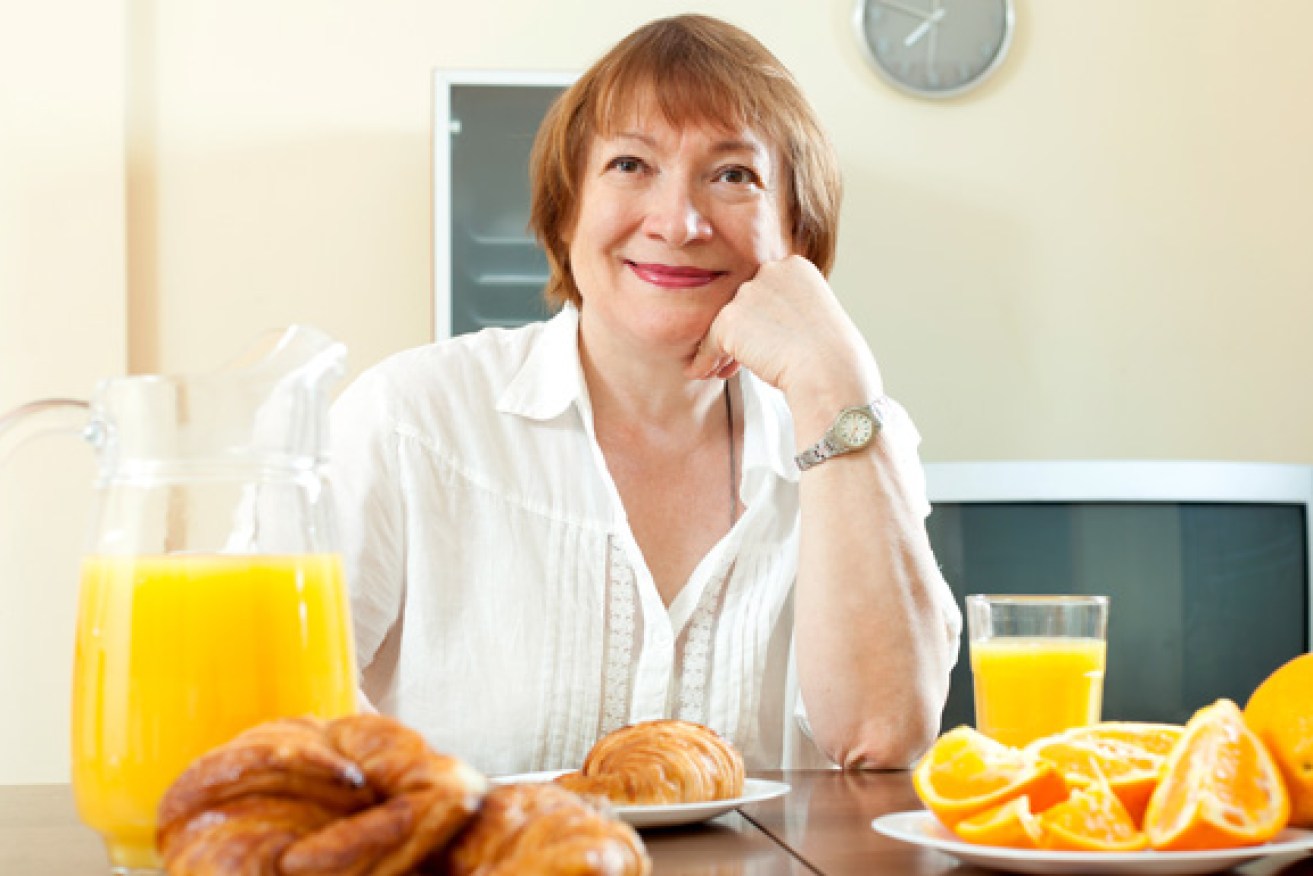Obesity dominates the health debate, but as Australians reach the age of 50 and older the danger of carrying extra kilos slowly fades and a new and largely overlooked threat emerges.
Being frail, malnourished and underweight is a ‘terrible’ and ‘hidden’ health problem, experts have agreed.
The condition grabbed headlines recently when a UK study, based on two million health records, suggested that middle-aged people who are below normal weight have an increased risk of dementia.
• Dieting vs exercise: which is better for you?
• Should you get the flu shot this winter?
• Alzheimer’s breakthrough: is this the key to a cure?
The findings, published in scientific journal The Lancet, contradict the majority of previous research and should be treated cautiously, but have raised awareness of the health hazard, which afflicts more than one million older Australians.
“It’s terrible because it can be prevented,” Dieticians Association of Australia (DAA) spokeswoman Milena Katz told The New Daily.

Losing weight, not obesity, is the big concern, as we age. Photo: Shutterstock
“I’ve been doing this for 13 years, and it’s an ongoing problem,” said Ms Katz, who often treats elderly patients.
A third of hospitalised Aussies aged 65 years and older are malnourished, with a further 50 per cent at high risk, while in the wider community the condition affects almost one in 10 older people with another 40 per cent considered at high risk, the DAA has estimated.
Weight loss caused by poor diet or other factors can be one of the worst possible warning signs for the elderly, but is often “hidden” and “overlooked”, said Professor Maria Fiatarone Singh, a geriatrician at The University of Sydney.
“When our elderly parents lose weight, we tend to say, ‘Oh great, you’re heeding the public health message’, but it’s just a terrible sign and you should never ignore it,” Professor Singh said.
“If somebody is losing weight after having been overweight their entire life, don’t congratulate them. That’s the time to send them to a doctor.”
Described as the ‘anorexia of ageing’, many older people feel hungry less often and lose their enjoyment of food, which can be caused by disease, medications, social isolation and depression, and physical frailties that make grocery shopping and cooking difficult, Professor Singh said.
Being underweight at an older age increases the risk of falls, hip fractures and osteoporosis as muscles waste away and important nutrients go missing from the diet, and is also linked to a weaker immune system and poor wound healing.
How to help your loved ones eat better
Known as the ‘tea and toast’ problem, a principal cause of underweight in the elderly is a poor diet.
Some helpful ways to boost the nutrients and amount of food your relatives or friends eat is to:
• Encourage them to get regular exercise, as activity boosts appetite and builds muscle mass;
• Help them prepare healthy smoothies or liquid meals with added skim milk powder to boost their diet’s protein content; and
• Take them out for lunch or dinner, as they may be more likely to eat if the meal is a ‘special treat’.









